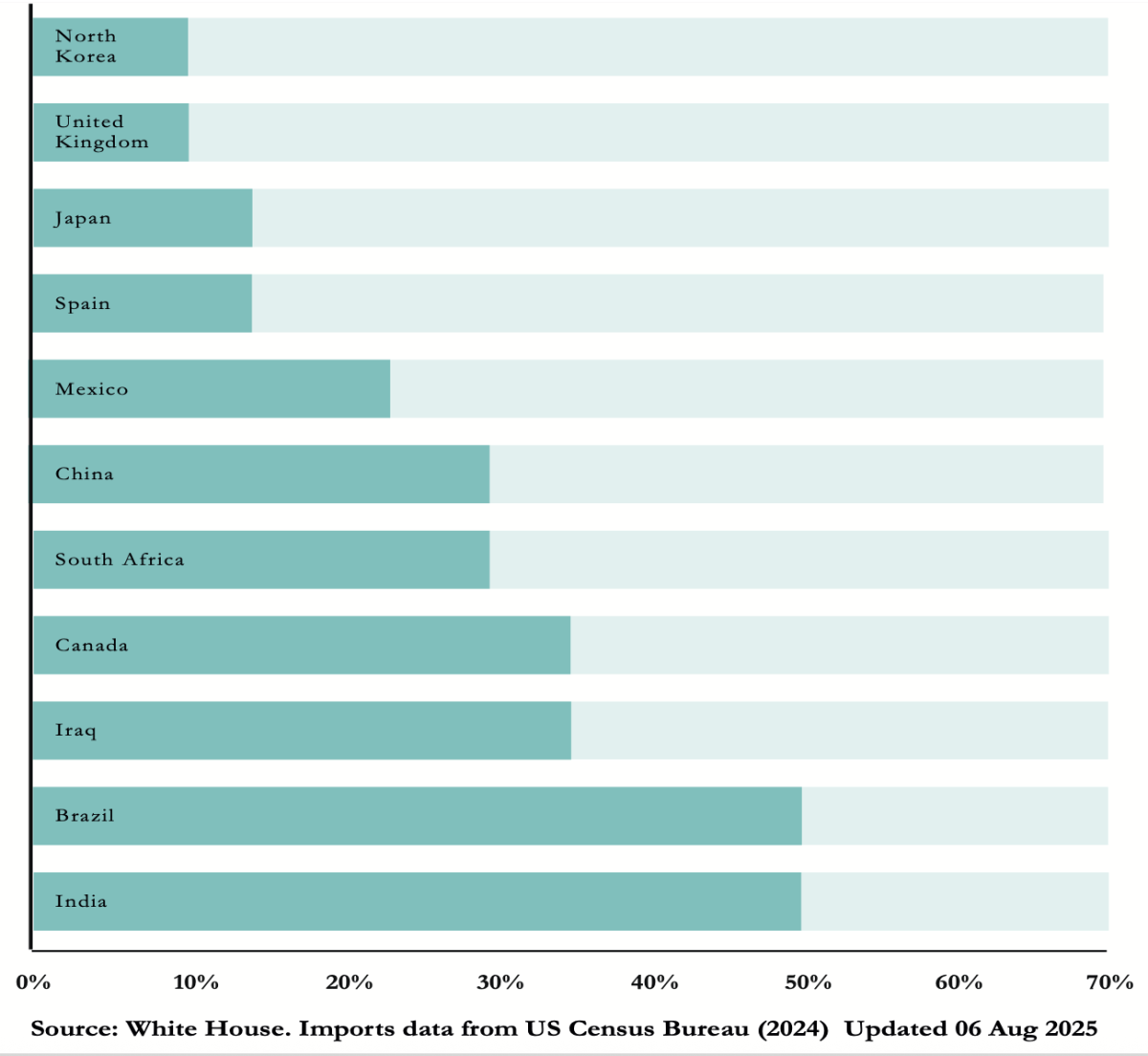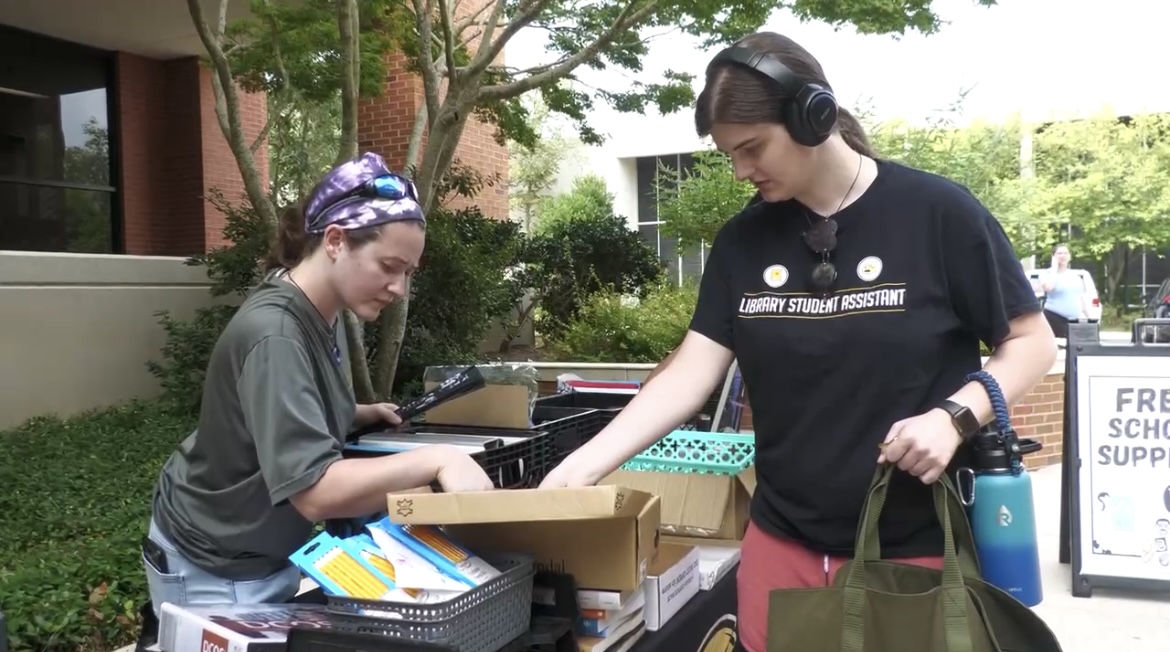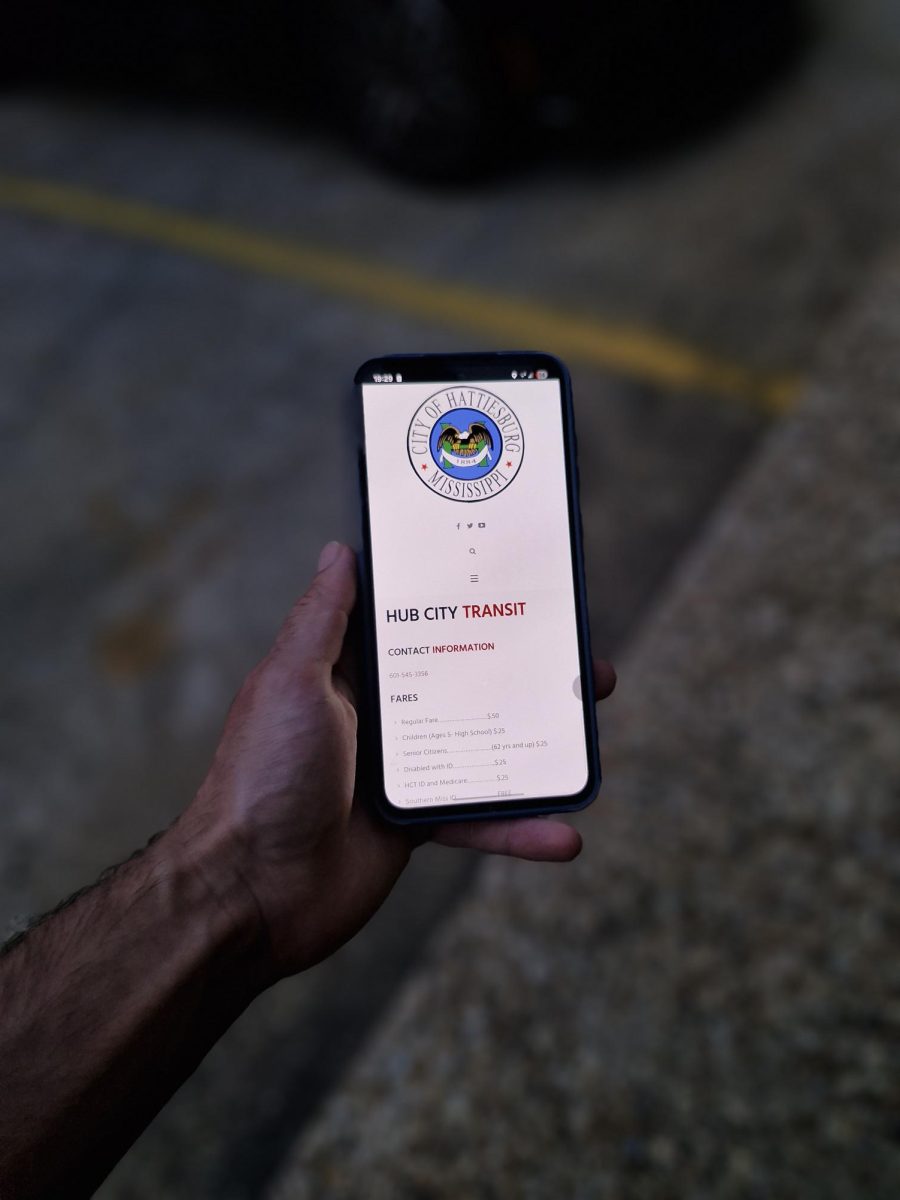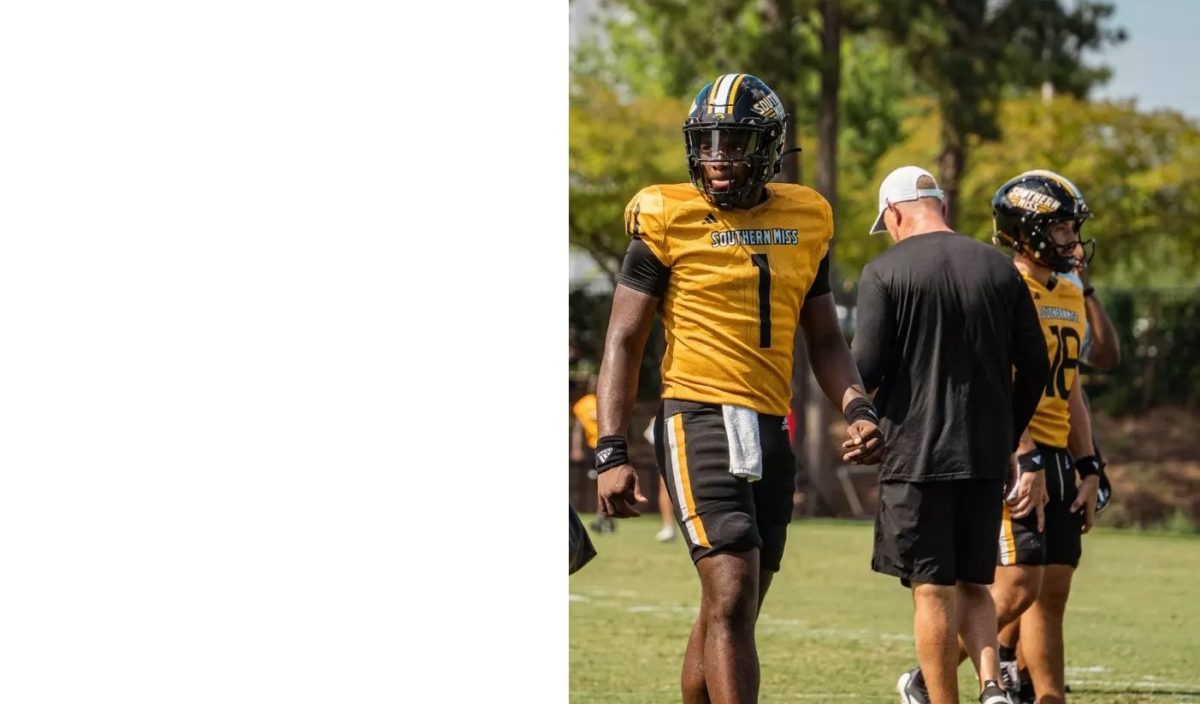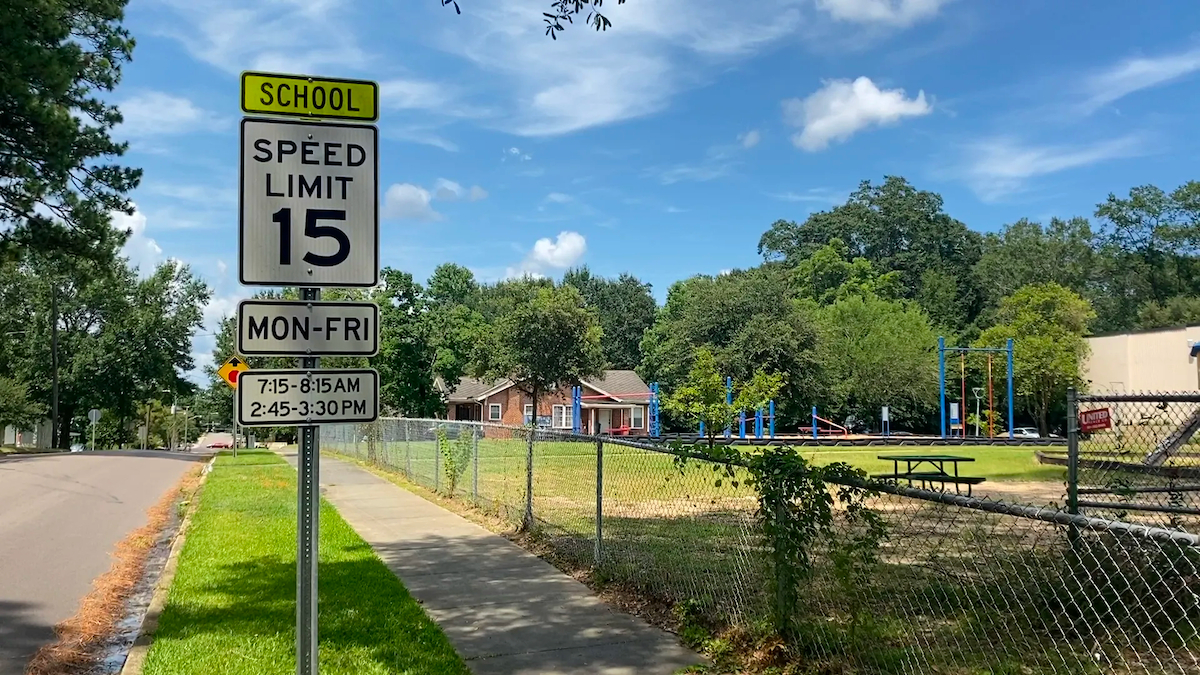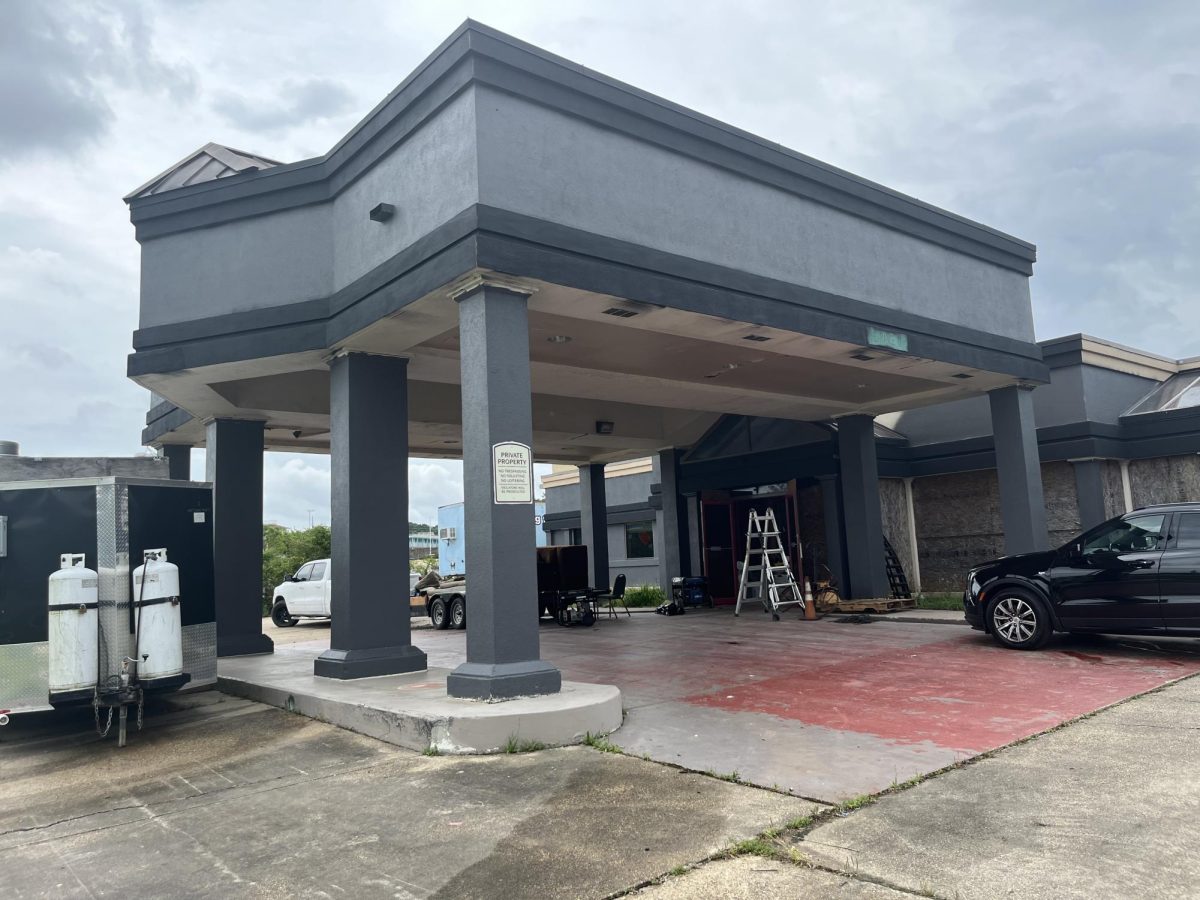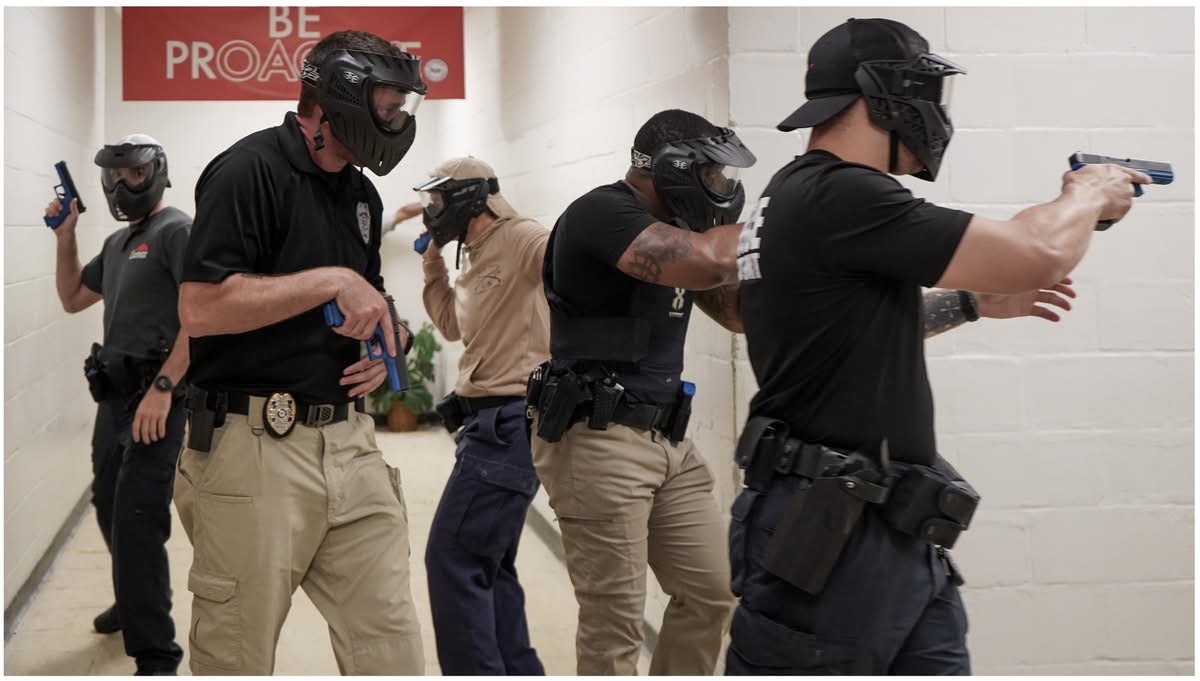Hattiesburg's use of camera-assisted radar guns in school zones to issue speeding tickets is now facing legal challenges from both the Mississippi Legislature and a federal class-action lawsuit. The city's system, which operates without officers making direct contact with speeding drivers, has led to concerns about its legality and fairness.
In 2009, Mississippi lawmakers banned the use of automated cameras for traffic enforcement. However, Hattiesburg city officials found a loophole, arguing that the cameras are legal because they are monitored by police officers. The system relies on officers using camera-assisted radar guns to record the speed and license plate of speeding vehicles, which results in citations being mailed to the registered vehicle owners.
“I have no problem with law enforcement enforcing the laws, but they need to follow the laws while they enforce the laws,” State Senator Angela Hill recently said to local media.
In 2024, the city contracted with IntelliSafe, a third-party company that developed the technology used in the program. Through this partnership, officers are equipped with radar guns that record video of speeding vehicles and automatically generate citations. However, several residents have contested these citations, with many arguing they were not driving the vehicle or were not in the state at the time of the violation. Others have raised concerns over the quality of the video recordings, which they claim are insufficient to positively identify the driver.
Hill, further criticizing the system, said, “Let’s just go back to traditional law enforcement where we stop the person and we know who they are writing the ticket to rather than trying to make a quick buck and basically violate the Constitution, violating state statute, and just ignoring what the law says.”
Currently, more than 3,000 citations have been mailed to drivers. Patty Smith, a student at the University of Southern Mississippi, expressed frustration with the cameras, saying.
“Traffic cams are unneeded,” Smith said. “They allow cops to be lazy and mail tickets solely based on speed and license plate number. There are other factors that need to be taken into account before fines that inherently target the lower class are handed out like candy.”
Drivers cited for speeding in these zones can either contest the ticket in court or pay $230 through a diversion program with IntelliSafe, which keeps the citation from affecting their insurance. According to the agreement between Hattiesburg and IntelliSafe, the $230 fee is split among the company, the city, and the Mississippi Department of Public Safety, with IntelliSafe retaining $130, the city receiving $75, and DPS collecting $25.
School Zone Traffic Cameras Face Legal Challenges
0
Donate to SM2
Your donation will support the student journalists of University of Southern Mississipi. Your contribution will allow us to purchase equipment and cover our annual website hosting costs.
More to Discover


